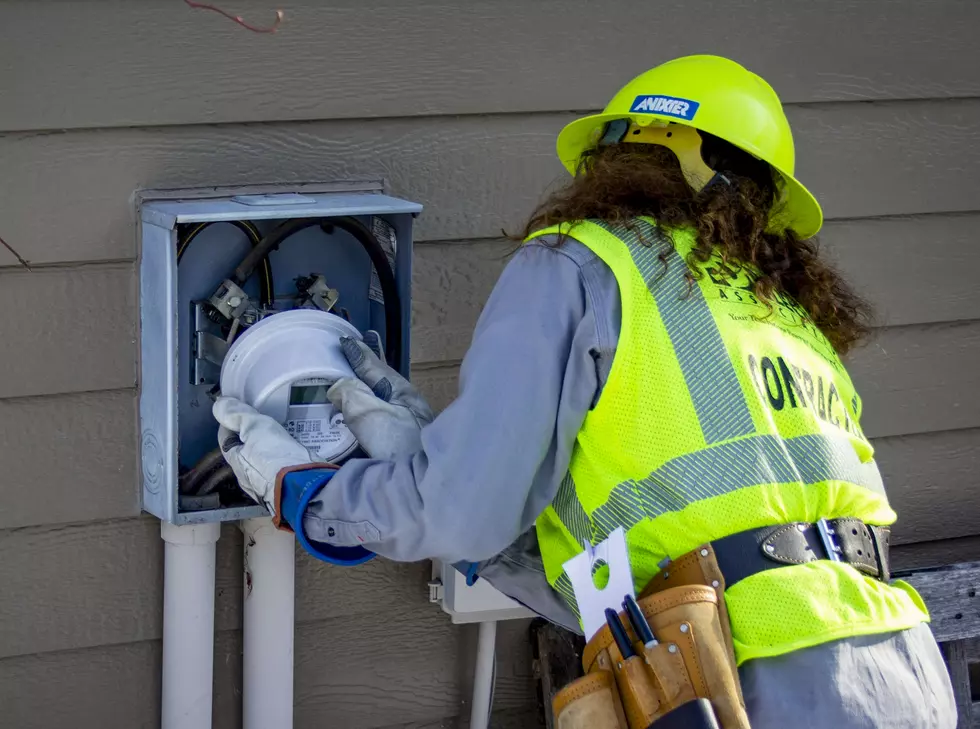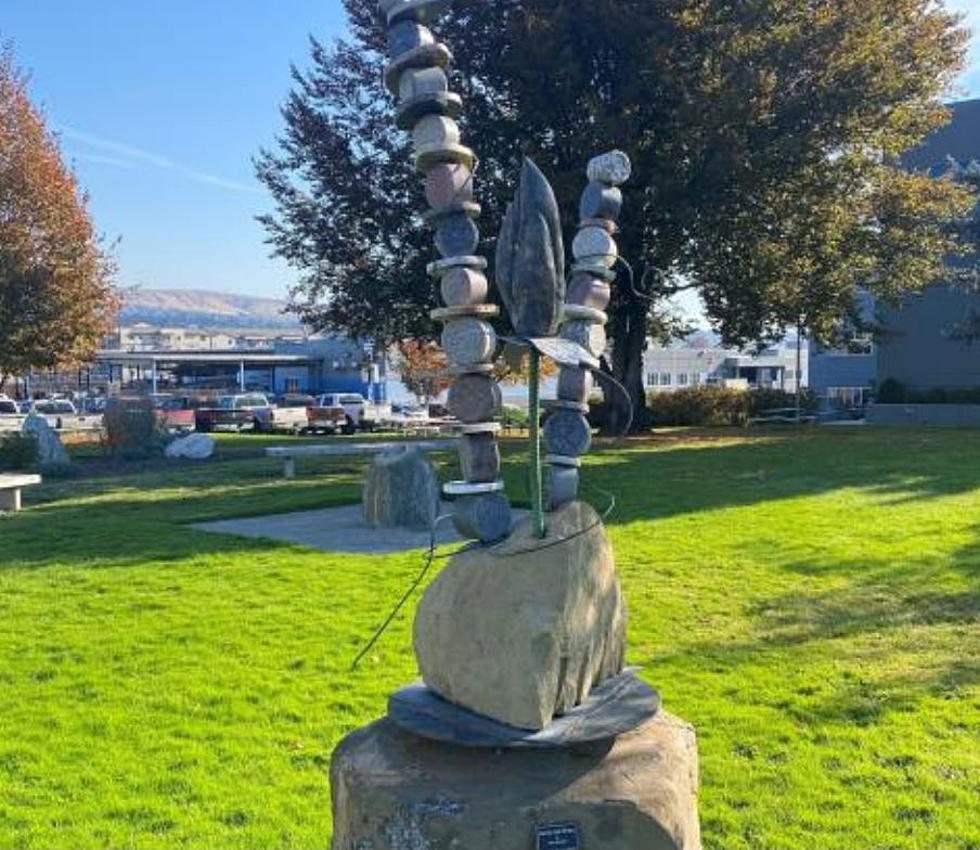Chelan PUD Extends Moratorium on Cryptocurrency Mining Applications
From a press release - Chelan County PUD commissioners Monday listened to comments from customer-owners and cryptocurrency miners at a public hearing. Staff reviewed steps taken since the board imposed the March 19 application moratorium for cryptocurrency mining and similar data operations. After hearing staff and public comments, commissioners voted to extend the moratorium until Aug. 6 and hold another public hearing that day.
Commissioners heard comments from more than two dozen people. Speakers ranged from customers worried about impacts on rates and power supplies to miners asking for service for an industry they say offers jobs and future technology. About 100 people attended the hearing.
Commissioner Randy Smith said the diversity of the comments made it clear to him that more time is needed for staff to develop the PUD’s response to the new load demand.
Commissioner Garry Arseneault said taking more time is essential. “We are blazing a path here and we want to get this right.”
Commissioner Steve McKenna weighed his decision by the PUD’s mission to provide reliable utility services that enhance the quality of life in Chelan County. “I feel we are required to provide the time to make sure we do this well.”
General Manager Steve Wright said the District has learned that the definition for high density loads (HDL) put in place last year is not adequate to address the impacts of the rush of applications to power cryptocurrency mining. “A lot has changed since we put HDL in place,” Wright said.
“Keep in mind our mission specifies, ‘enhance the quality of life in Chelan County.’ That means the best value for the most people for the longest period of time,” he said.
Lindsey Mohns, Customer Utilities business manager, outlined the substantial work accomplished so far to understand the impacts of responding to service requests from cryptocurrency operators. The PUD has requests that could more than double the PUD’s retail electric load.
Analysis has found pockets of potential transmission capacity available to support the high power demand of cryptocurrency operations. Those are in an area from Monitor south to Malaga. There are a few areas with distribution system capacity, too, but most locations would require building expensive infrastructure including substations to serve potential cryptocurrency load.
Staff proposed creating a specific cryptocurrency rate to make sure risks related to miners’ mobility, bitcoin price swings and the industry’s mismatch with the PUD’s long-term business model are addressed. Discussions with commissioners on defining such a rate class will continue in June.
Since March staff also has updated regulations and received approval of fees and charges for investigating and enforcing unauthorized HDL loads. They have reached out to operators, customer-owners, city councils and Chelan County commissioners to discuss impacts on public safety, the power grid and the PUD’s ability to respond to planned growth and already-planned work, Mohns said.
Response to unauthorized bitcoin operations also continues. Few operators responded to the offer of amnesty that expires today.
With limited local power supply available in the short-term due to forward sales, options may include buying market power for new cryptocurrency load, which comes with additional costs to assure reliability. Market prices are likely to compare with “fully loaded” costs for PUD power. Mohns said.
She outlined next steps including:
- Reviewing application, contracting and cost recovery approaches
- Defining processes and rates for buying market power with all risk carried by cryptocurrency customers
- Fine-tuning analysis on where transmission is available
- Talking with cryptocurrency applicants to find out their interest given service costs and available locations and power.
More From NewsRadio 560 KPQ









